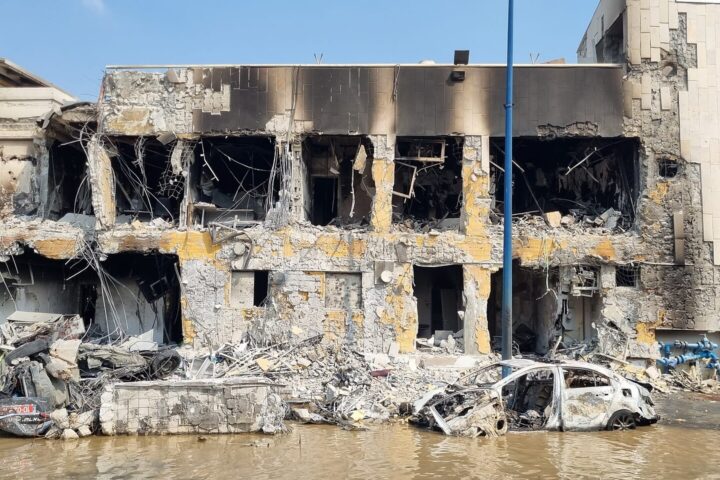.
By Antonis Loizou F.R.I.C.S. – Antonis Loizou & Associates Ltd – Real Estate Valuers & Estate Agents
If one is to look back and review the data about foreign nationals who buy real estate (mainly holiday homes) in
Since the 1960s, the main foreign market were the British, with their main interest initially being Kyrenia and after the invasion the interest moved to Limassol and Paphos districts.
In the 1970s interest appeared from
During this same period of 1980-1990, the British market returned in force with their main interest now directed towards Limassol and then Paphos – Interest also included the Paralimni/Protaras area and the areas around the Bases in Limassol (Akrotiri, Kolossi and the Souni Zanadjia, Ayios Nicolaos area).
After the 1990s the Russian (and the Russian speaking countries) started to appear with a huge initial interest (starting with the Yelsin era), but then it slowed down differentiating down their budgets. The preferential area of this market source was Limassol where a vibrant community has been set up and one thing leads to another.
In the 2000 era, we have had (and still have) the Chinese and the far east market whose main interest remains Paphos and it is expanding to other towns despite recent restrictions with an unknown outcome of this trend.
What makes the
· The passports/residency visas scheme in relation to our competitors.
· The rather low cost of living, clean air and weather conditions. Short term increasing rentals and improving facilities/infrastructure (golf, marinas, etc).
· Security plays a most important role, as is the lack of racism and discrimination.
· The friendly nature of (most) of the locals, as well as the wide use of the English language, makes foreigners feel “at home” both for them and their families.
· The taxation incentives, including the more recent abolition of the property tax is a huge plus.
· Most important is the creation of foreign speaking primary/secondary schools and local universities which on most occasions are connected with
· The bail-in has disappointed many foreign investors, who having lost their “cash” do not want to know
· The property market with the lowering of prices, has provided another attraction (save the high end properties) and for the resales the British owners/resales are offering good opportunities (as well as from locals) whereas the recent start of housing loans is another plus. However,
What is strange (to an extent) is that
· Russian speaking
Limassol (80%) – Larnaca (10%) – Paphos (5%) – Famagusta region (5%)
· British
Paphos (90%) – Limassol (5%) and
· Chinese
Paphos (85%) – Limassol (5%) – Larnaca (10%)
· Lebanese/Israelis
Mainly investors and all the major towns. Seeking high-yield income-producing investments (but are very difficult clients).
·
Nothing much to speak of. Main interest is to let with short term periods due to the new taxation system in
· International tour operators
An increasing interest by international tour operators which follows the growing increase in the tourist numbers and prospects. Debatable how long this will last – it all depends on the Egypt/Turkey/Arab countries tourist demand.
· International investors
Not serious interest so far due to their expectation for high returns, as opposed to the results on the ground. The banks are trying to sell off large chunks of real estate and the recent Bank of Cyprus property fund will show their interest in real estate.
I wish to add that foreign interest is created mainly by private developing firms and it is notable with a certain developer who on its own attracted the Chinese for Paphos, whereas a Larnaca developer who is now active in the same country, is attracting high-end interest from there.







